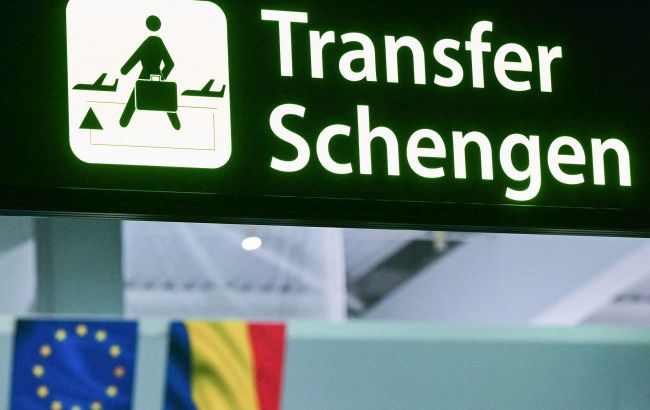EU bans Russian multi-entry visas over security threats
 European Commission bans issuance of multi-entry visas to Russians (photo: Getty Images)
European Commission bans issuance of multi-entry visas to Russians (photo: Getty Images)
The European Commission has restricted the issuance of multiple-entry Schengen visas for Russians to EU countries, while existing visas held by Russian citizens will remain valid, according to an EU regulation.
It is stated that new applications from Russian citizens for such visas will undergo enhanced screening.
"Russia's weaponization of migration, acts of sabotage on the Member States' territory and on the international waters of the Baltic Sea, causing cyber and industrial espionage threats, and potential misuse of visas for promoting propaganda supporting Russia's war of aggression against Ukraine or engaging in other subversive activities to the detriment of the Union, mean that Russian visa applicants must be scrutinised thoroughly," the European Commission's decision states.
The purpose of the new measure is to reduce threats to EU public policy and internal security, while allowing exceptions for limited and justified cases, such as independent journalists and human rights defenders.
This decision is based on a joint assessment by member states within the framework of Schengen cooperation. It is noted that significantly more restrictive rules than those under the general regulation should apply to Russian applicants.
''Russia's illegal and unprovoked war of aggression against Ukraine continues to pose a serious threat to European security, with heightened risks related to sabotage, disinformation, and drone incursions in the Union. The EU has consistently tightened entry conditions for Russian nationals since the onset of this illegal aggression," said EU High Representative for Foreign Affairs and Security Policy Kaja Kallas.
Exceptions
According to the updated regulation, multiple-entry visas will be issued only to specific, clearly defined groups of applicants who are considered low-risk.
Based on the assessment conducted within the framework of local Schengen cooperation in Russia, this applies to close family members of people residing in the European Union and to transport workers, including seafarers, truck and bus drivers, as well as train crew members.
Tightening of EU visa rules for Russians
In September, Germany announced the tightening of visa rules for Russian citizens and called on EU countries to adopt a standard position on restrictions within the Schengen area.
The new measures include stricter screening of applicants and a reduction in the categories of Russians eligible for visas. At the same time, Berlin emphasizes that humanitarian cases – such as the departure of opposition figures or individuals facing persecution in Russia – will continue to remain a priority.
The EU is also discussing a proposal to restrict the movement of Russian diplomats who are already in member states. The initiative, actively promoted by Czechia, would prohibit travel throughout Europe beyond the country of accreditation.

